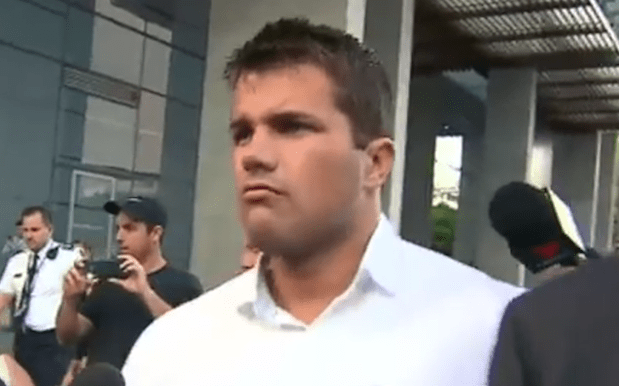
Legal experts have begun to question the effectiveness of the Jury Act in regards to social media posts after a juror on the Gable Tostee murder trial was discovered to have used Instagram to discuss the case.
Yesterday, Tostee was found not guilty of murder or manslaughter in relation to the 2014 death of Warriena Wright, but those verdicts were delayed by an hour in light of the social media posts. It’s a huge no-no for jurors to discuss their deliberations with the public, as those discussions could influence the trial itself.
At the time, the defence applied for Justice John Byrne to call a mistrial. While Justice Byrne eventually found the posts to be “disappointing,” he later deemed the posts were not serious enough to throw the verdict out.
The juror, who can’t be named, didn’t discuss any specifics of the case in the Insta posts. Regardless, Justice Byrne admonished the juror with this hefty rebuke:
“That juror will discover when she accesses her Instagram account that many members of the public have commented on her decision to communicate with others during the course of the trial.”
Now, Queensland’s Attorney General Yvette D’ath is examining the current guidelines to avoid a more serious breach in the future. Although jurors were repeatedly informed of the regulations juries operate under, a spokesperson for D’Ath said “she will determine whether there any improvements that can be to existing arrangements.”
Queensland University of Technology lecturer James Morton also told the ABC that “we may have to take another step and quarantine jury members from phones and outside communications until they reach a verdict,” in the same way jurors themselves face a kind of quarantine.
Tostee’s lawyer Nick Dore today told the ABC that he believes similar incidences will keep occurring.
“The judges in all trials give directions for it not to occur but how do you really police people in their own home when they go home?”
Justice Byrne won’t take any extra steps against the juror in question, but if the Act is changed to reflect this very 2016 dilemma, the next juror to break their silence might just face punishment by default.



